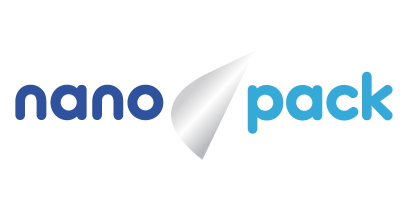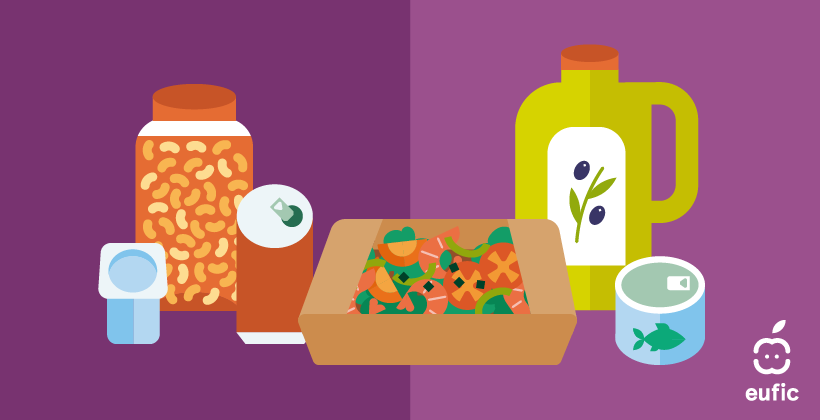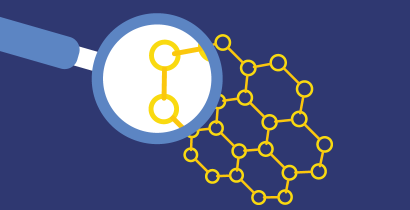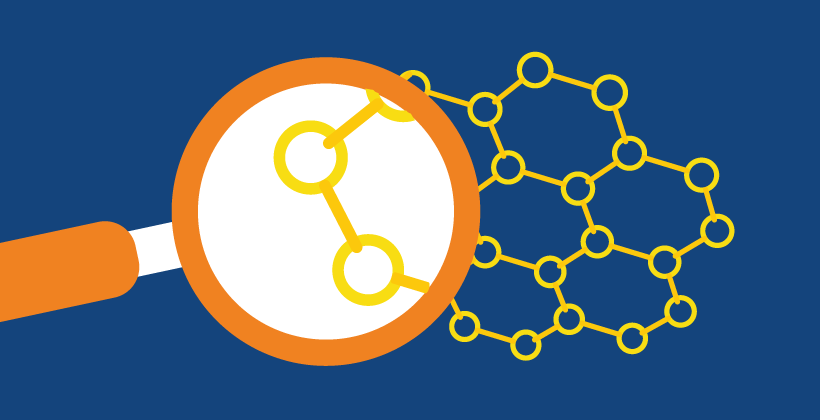Nanotechnology

Nanoparticles exist in nature, and humans are exposed to these particles on a daily basis. Today it is possible to deliberately create matter with very small dimensions and nanotechnology can provide ways to modify the composition of food and feed, and packaging materials, at a very small scale. This may allow for the development of new foods and improving food processing and packaging in ways that will benefit people.
Nanotechnology in Active Food Packaging: Consumers’ Acceptance
18 February 2019The EU-funded NanoPack project examined how active food packaging technologies like nanotechnology are perceived by consumers and retailers.
Fighting food waste by innovative food packaging
19 July 2018By 2050, the world’s population will have reached 9 billion people. To provide enough nutritious food for everybody, while preserving natural resources, we need to switch to more sustainable food systems. This not only involves changing how we produce food globally, but also reducing food losses and waste in the food chain and minimizing the impact of packaging waste.
Opportunities for nanotechnology in food and feed
22 February 2017Nanoparticles exist in nature, and humans are exposed to these particles on a daily basis. Today it is possible to deliberately create matter with very small dimensions and nanotechnology can provide ways to modify the composition of food and feed, and packaging materials, at a very small scale. This may allow for the development of new foods and improving food processing and packaging in ways that will benefit consumers.
Food packaging unwrapped
15 September 2016Food packaging plays an important role in protecting and delaying chemical, physical, and biological deterioration. In this way, even simple packaging (such as glass, metal, plastics...
Nanotechnology and food (Q&A)
12 May 2016The prefix “nano” is used to describe a specific size range (like “milli-“ or “centi-“). One nanometre is a unit of measure of length that is equal to one-billionth of a metre, or one-millionth of a millimetre...




